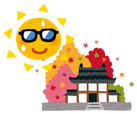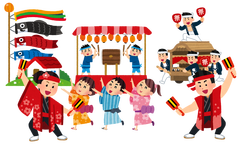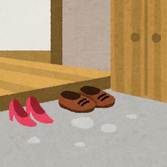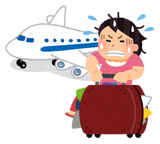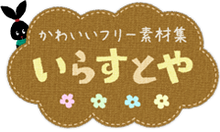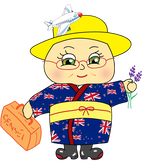USING とき(に)ー 'THE TIME WHEN...' TO CONVEY IDEAS ABOUT THE TIME WHEN AN ACTION TOOK PLACE (OR WHEN A CERTAIN SITUATION EXISTED)
- とき means 'a (point in) time'.
After a noun : : e.g. こども の とき (に)- (the time) when I was a child
- noun + の + とき(に)
- NOTE: the "とき" phrase is in the NON-PAST, even though the sentence as a whole might be in the past tense.
After an い-adjective : : e.g. ちいさい とき - (the time) when I was little
- adjective-い + とき
- Note again that the "とき" phrase with an adjective is in the non-past. The overall tense of the sentence is determined by the final verb (at the end of the sentence).
After a な-adjective : : e.g. ひまな とき - when I have/ when I had free time
- adjective-な + とき
- Again, the "とき" phrase is in the non-past.
After a verb : : e.g. でかけるとき - when we go out
- plain form verb in non-past tense + とき = around the time before the action, regardless of whether the rest of the sentence is past or present tense
- plain form verb in past tense + とき = around the time after the action





